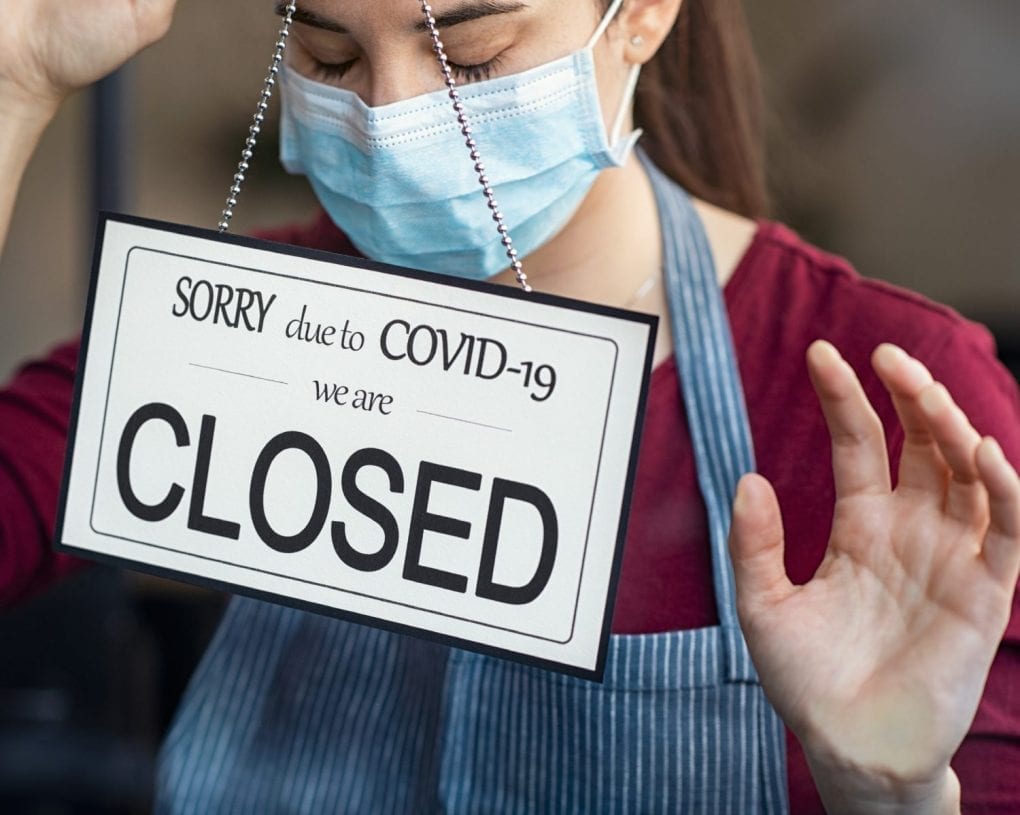“Our task is not to bring order out of chaos, but to get work done in the midst of chaos.”
– George Peabody, American financier and philanthropist
In the short-term rental industry, chaos has reached a fever pitch.
First it was the tsunami of industry change driven by the rise of Airbnb, Booking.com, and Vrbo. Then it was the headwinds of anti-vacation rental regulations fueled by hotel lobbies. Now, we are in the midst of a global pandemic with practically no flight travel, coupled with a fiery political climate. No matter where you stand, you simply cannot avoid the chaos.
I thrive in chaotic and high-adrenaline situations. As a young girl, I used to daydream about being an EMT and rescuing people from crazy accidents (unfortunately, I am not athletic enough to do this).
Now, I am the CEO and cofounder of Hostfully, a fast-growing startup, while also a mom to three young kids. It is a busy, chaotic life, and I love it. But I’m weird.
Most people do not like change and chaos. It is unnerving and scary. So, in the first few weeks of lockdown, my company and I spent a significant amount of time thinking about how we could best support our customers and employees. It all came down to this: We will do whatever we can to help other people know what to expect. In a chaotic world, knowing what can be expected is a source of solace and security and is thus how we can help other people do their best—by helping them know more about the future.
Telling people about the future might seem grandiose and “Steve Jobsy.” But in actuality, everyone knows a little more about the future than we typically share.
At Hostfully, we started small, by creating lists of “what we don’t know” and “what we do know.”
Examples of what we did not know:
How many people would be so severely affected by COVID-19 that they would sacrifice their desire to travel
How and when local regulations might affect how vacation rentals could operate
How many of our customers would close down because of financial reasons
Examples of what we did know:
People love to travel.
Vacation rental accommodation would be more desirable than hotels.
Many customers found our products valuable whenever they had bookings.
Future bookings rates, while depressed, would not be zero.
Consumers were still hopeful that they could go through with their travel plans.
We started sharing the “what we do know/what we don’t know” lists more broadly. (They were included in “How Travel Will Be Forever Changed and Why Vacation Rentals Will Bounce Back First” in a blog called Strange New Normal.) We told our team, our investors, and our customers. We even found data partners— Beyond Pricing and All the Rooms—and began analyzing future bookings across the United States. More people started reading, reacting, and doing more planning.
Everyone started feeling better, even in the midst of the 2020 chaos.
Here is what we generally can expect for US vacation rentals in the next two quarters:
Domestic travel will continue to be strong.
1) Occupancy rates will be slightly down compared with last year (–2 to –10 percent).
2) Average length of stay will be up versus last year (+10 to +20 percent).
3) Average daily rates are about 5 percent lower than last year.
4) Travelers will want to know more about the safety of their experience.
5) Travelers will prefer a contactless experience.
All in all, the US market will earn approximately 4.5 percent less revenue than in previous years. Travelers will want a more hands-off but information-rich experience. That is what we can expect. That is the future.
You can tell the future, and you should.
Help your staff and your owners by sharing the future you see.
Make your own lists of “what we do know” and “what we don’t know” about the future of your company. Use these lists to make decisions more quickly about a plan. Explain how and when you will reconsider your plan. Tell your employees about it. Tell your owners, too. Create two or three scenarios and use the more conservative one to define your staffing plan for the rest of the year. This will help your team and owners know what to expect, and they will appreciate the sense of security.
Don’t forget about telling your guests about the future, too.
More than ever, guests need extensive information about what to expect in the bookings process and in the rental.
Communicate up front any cancellation policies you have. Tell guests about any changes or updates to protocols that you have made to enhance their safety and security. Give many details about what they should expect when they arrive at the rental, including what you can and cannot provide. Explain what new limitations are in place. Give them a way to access additional information or to have their questions answered without being in person.
On the Hostfully digital guidebook platform, we have seen a big shift in how and what property managers are sharing with guests. Here are a few examples of what they are doing:
Sharing information focused on cleaning protocols—before the guest arrives
Adding creative videos instructing guests how to use a remote lock
Instead of a three-ring binder, having a QR code to scan with a mobile so that guests touch as little as possible (similar to what restaurants are doing with menus)
These special touches are forms of “future-telling”—otherwise known as setting expectations. These are the details that help managers convert the booking lead, build confidence in what to expect, and assuage the concerns of a nervous guest.
Even if it is not all rosy, your understanding of the future is a gift that you can share with others this year. Let’s do more of that to help each other get the work done in the midst of chaos.


